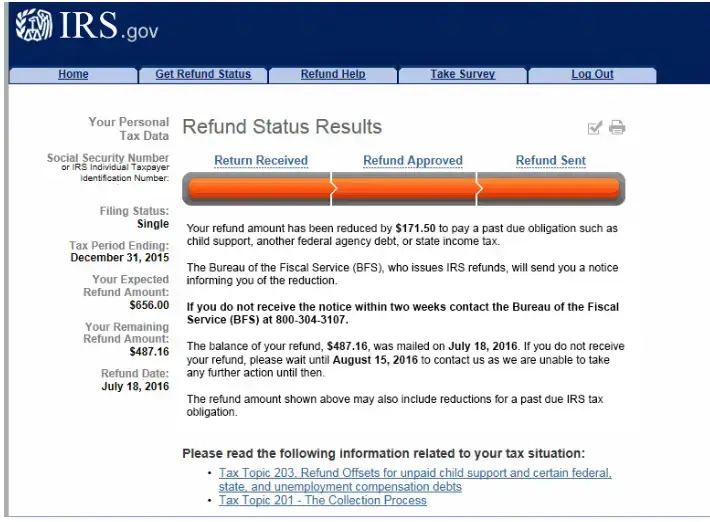
Tax season is upon us, and for many people, it’s a time of anticipation and excitement. The promise of a tax refund can bring a sense of relief and opportunity. But have you ever stopped to consider how your tax refund can impact your credit score? In this post, we’ll explore the synergy between tax season’s “Wheres My Refund” and the journey to credit score excellence. We’ll guide you through leveraging your refund for optimal credit repair and show you how strategic financial decisions can transform your tax season into a stepping stone toward a healthier credit profile.
The Link Between Your Tax Refund and Credit Score
It may seem surprising, but your tax refund can actually have a significant impact on your credit score. Your payment history, credit utilization, credit history length, and new credit inquiries are just a few of the variables that can affect your credit score, which is a reflection of your creditworthiness. By using your tax refund wisely, you can address some of these factors and improve your credit score.
Pay Off High-Interest Debt
One of the best ways to leverage your tax refund for credit repair is to pay off high-interest debt. High-interest debt, such as credit card debt, can negatively impact your credit score. By using your tax refund to pay off this debt, you can lower your credit utilization ratio, which is the amount of credit you’re using compared to your total available credit. A lower credit utilization ratio can improve your credit score.
Build an Emergency Fund
Another smart financial move is to use a portion of your tax refund to build an emergency fund. An emergency fund can provide a safety net for unexpected expenses and help you avoid relying on credit cards or loans in times of financial stress. By having an emergency fund in place, you can reduce the risk of missed payments or increased credit utilization, both of which can harm your credit score.
Invest in Your Financial Future
Consider using a portion of your tax refund to invest in your financial future. This could mean contributing to a retirement account, starting a college fund for your children, or investing in stocks or other assets. By making strategic financial decisions, you can set yourself up for long-term financial success and potentially improve your credit score in the process.
Seek Professional Help
If you’re unsure about how to best leverage your tax refund for credit repair, consider seeking professional help. There are credit repair services and financial advisors who specialize in helping individuals improve their credit scores. They can provide personalized guidance based on your unique financial situation and help you make the most of your tax refund.
Monitor Your Credit
Lastly, it’s important to regularly monitor your credit to ensure that your efforts to improve your credit score are paying off. You can request a free copy of your credit report from each of the three major credit bureaus once a year. Review your report for any errors or discrepancies and take steps to correct them. Additionally, consider signing up for a credit monitoring service to receive alerts about any changes to your credit report.
In conclusion, your tax refund can be a powerful tool for credit repair and improving your credit score. By paying off high-interest debt and building an emergency fund, you can make the most of your tax season. Additionally, investing in your financial future is crucial for long-term success.Seek professional help and monitor your credit to set yourself up for long-term financial success. So, as you navigate 2024, remember to consider the synergy between “Wheres My Refund” and credit score success.
Disclaimer: While credit repair can have a positive impact on your credit score and financial health, it is important to note that results may vary. Credit Solutions.AI® cannot guarantee specific outcomes, as each individual’s credit situation is unique